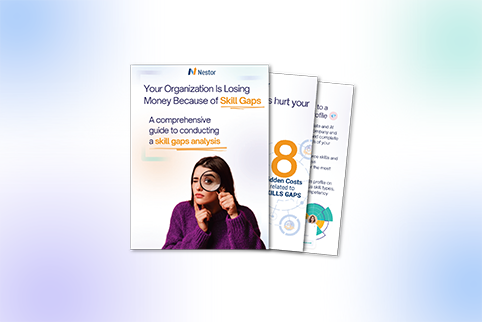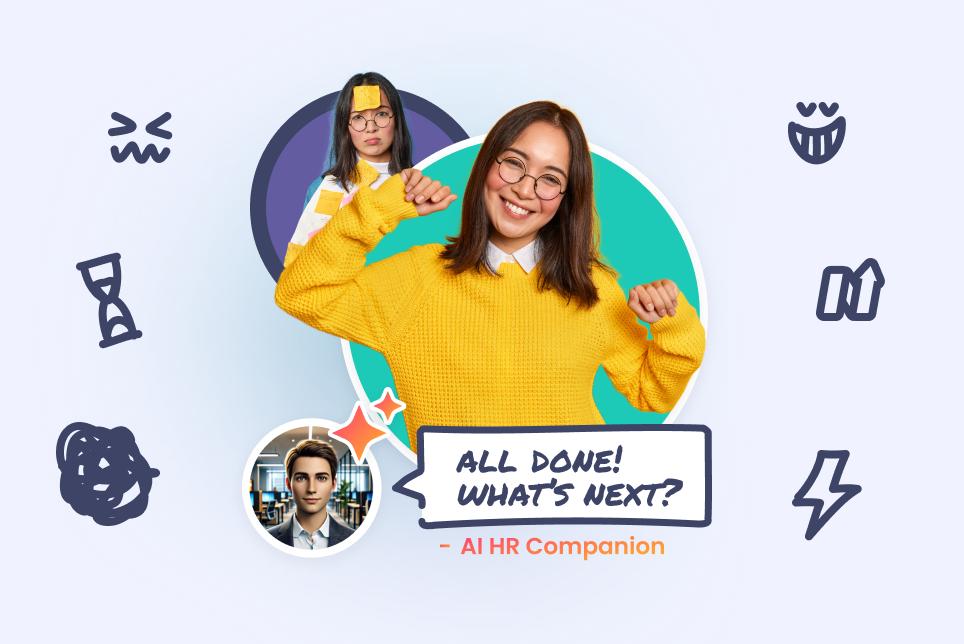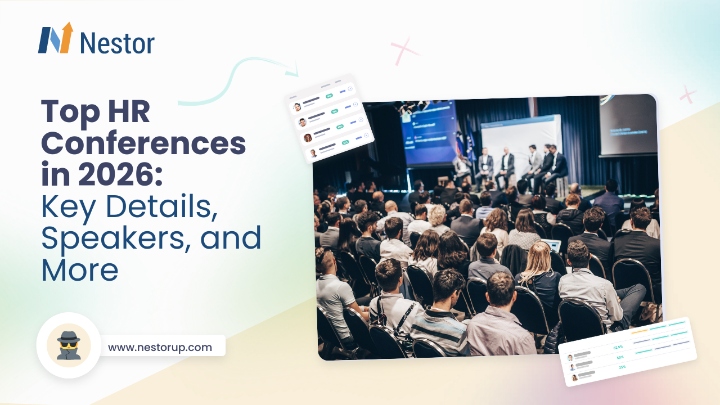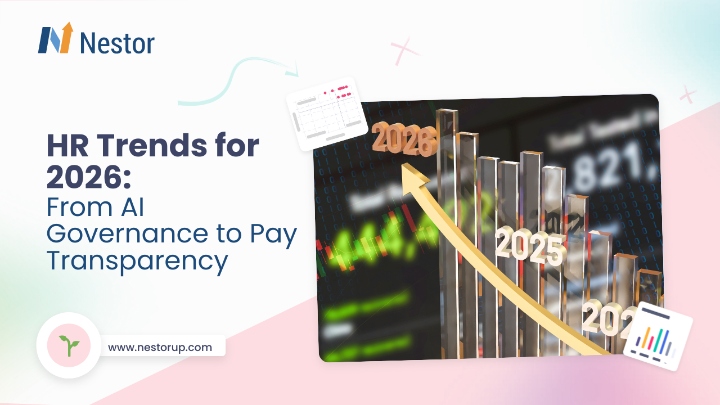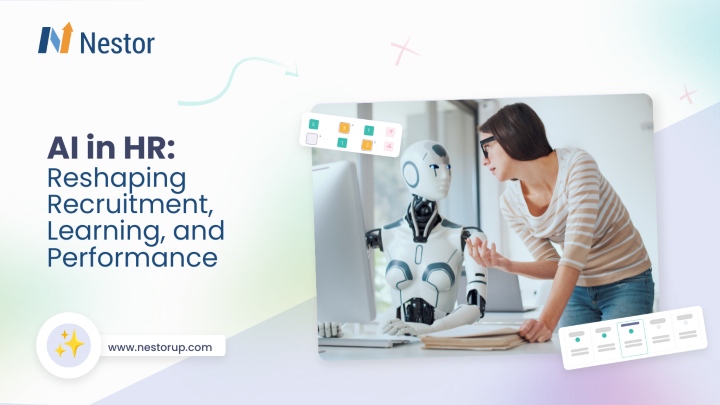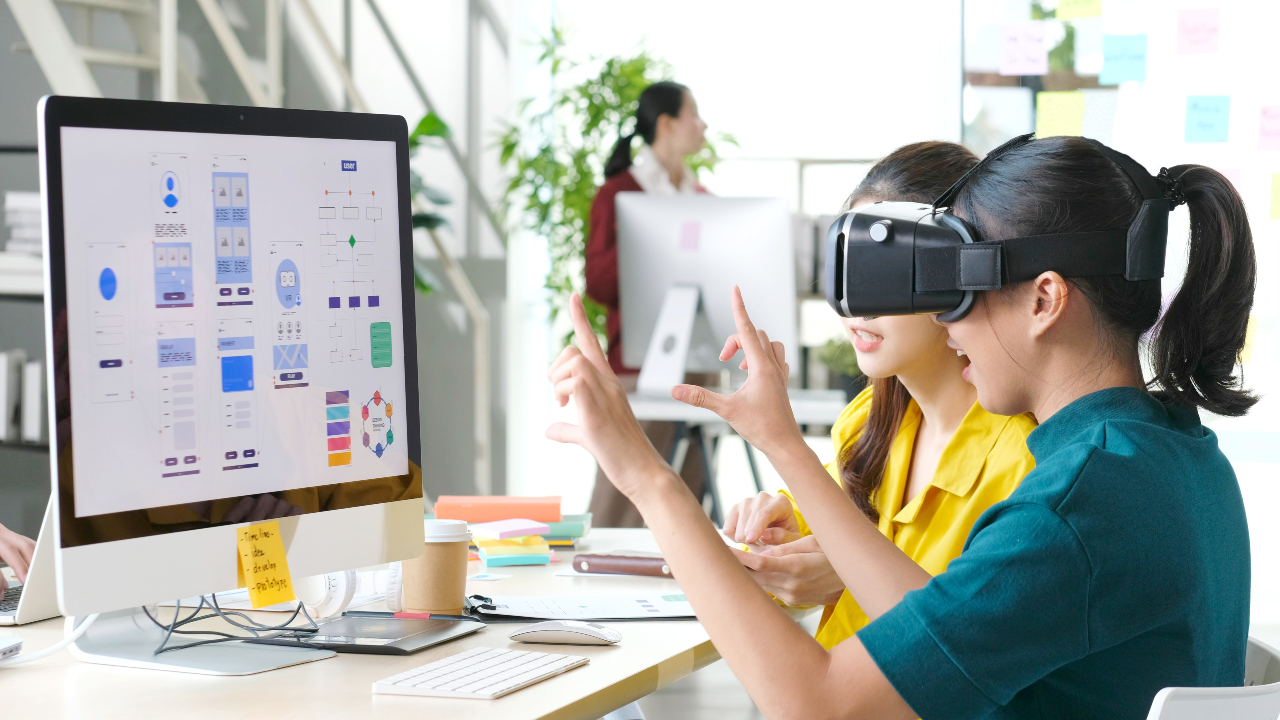
As the modern world of work has become less and less predictable, organizations across all industries have turned their focus toward the future in an effort to prepare now for the challenges of tomorrow by creating a future-ready workforce.
While powerful disruptors like the relentless advances in technology make it difficult to anticipate which skills and capabilities will be needed for long-term business success, one thing is clear: change is needed, and companies that avoid it do so at their own risk.
According to the World Economic Forum: “As jobs are transformed by the technologies of the Fourth Industrial Revolution, we need to reskill more than 1 billion people by 2030.” And 2030 is not that far away.
But what are the skills and enduring capabilities that describe a future-ready workforce? And how can organizations support their development? Let’s find out!
1. A future-ready workforce can overcome today’s challenges and adapt to whatever comes
Adaptability is a crucial quality of future-ready workers because it enables them to openly embrace new challenges and business directions instead of seeing them as obstacles.
Adaptable employees understand that their current skills and knowledge may not be sufficient in the future and see new ways of working and emerging technologies as opportunities to grow.
By quickly adjusting their approaches, strategies, and work methods, future-ready workers also become more resilient — which acts as a stepping stone to going beyond limiting comfort zones and finding novel ways to provide value.
A higher level of adaptability is also an imperative for organizations looking to develop an agile workforce, where people from various departments join to form dynamic teams that tackle projects quickly and efficiently.
How organizations can improve adaptability
- Foster a culture where people feel safe to try new things, fail, and learn along the way.
- Offer opportunities for cross-functional or cross-departmental collaboration and temporary projects.
- Promote open communication and the sharing of feedback and ideas.
- Encourage leaders to demonstrate their own adaptability and willingness to embrace change.
- Reward adaptability and innovation during performance evaluation.
2. A future-ready workforce has strong soft skills
Soft skills — also referred to as human or people skills — are the cognitive, social, and emotional abilities that enable us to relate to each other and collaborate in a harmonious way.
And these skills will become increasingly important for a future-ready workforce that should expect to work side by side with chatbots, robots, and Artificial Intelligence (AI).
In fact, human skills are already enjoying high popularity and demand now, being among the fastest-growing skills for 2023, according to Coursera’s Job Skills Report. Their top 10 list of soft skills include:
- storytelling
- change management
- organizational development
- influencing
- people management
- culture
- collaboration
- decision-making
- communication
- planning
How organizations can nurture soft skills
- Include soft skills development as part of individual employee growth plans.
- Offer internal soft skills workshops where people can learn from their peers.
- Create a culture where open communication and feedback are the norm.
3. A future-ready workforce is committed to lifelong learning in the flow of work
Understanding that learning is a continuous process is what will help future-ready workers to grow and find success throughout their careers. This approach or mentality will determine them to actively seek out new knowledge and stay updated with the latest industry trends and developments.
This proactive way of growth won’t be limited to traditional ways of learning, like formal education, training programs, or workshops. Instead, it will happen in the flow of work. It will be facilitated by daily responsibilities and peer interactions, which will empower workers to keep improving their knowledge and skills.
This real-time learning process will also improve collaboration and satisfaction levels, helping employees avoid the feeling of stagnating in their careers.
A key but sometimes overlooked aspect of this process is unlearning — the ability to challenge assumptions and established norms and let go of outdated practices or beliefs that are no longer working.
How organizations can support continuous learning
- Develop a culture where curiosity, risk-taking, and experimentation are appreciated.
- Make all learning and growth opportunities transparent and easily accessible. An internal talent marketplace can be a game-changer here.
- Establish internal mentorship and coaching programs to further encourage the sharing of knowledge.
- Reward and praise employees who are proactive about their learning.
- Allocate dedicated time each week or month during which workers can focus on professional development.
In a world of more data, the companies with more data-literate people are the ones that are going to win.
— Miro Kazakoff, MIT Sloan Senior Lecturer
4. A future-ready workforce is data-literate
As organizations rely more and more on data for their decision-making and business direction, future-ready workforces will need to embrace data and be able to understand, interpret, and analyze it.
Of course, this doesn’t mean every team member should become a data scientist or analytics expert. But everyone should understand the importance of data and know how to use relevant insights in their daily work.
For example, HR departments already use data insights and people analytics to optimize talent management decisions and identify attrition patterns early on. Combined with data visualization, it offers managers a clear overview of top performers, areas for improvement, and the most effective ways to support employees on their career paths.
How organizations can improve data literacy
- Adopt a data democratization approach, where every employee has access to insights from various data sources.
- Use data visualization tools to help workers understand data faster and easier.
- Encourage employees to actively explore and analyze data relevant to their work.
- Provide easy access to data analytics tools and software for hands-on learning.
5. A future-ready workforce embraces the use of technology to its advantage
AI, machine learning, robots — whatever the future holds, one thing is certain: the impact and use of technology will only increase as time goes by. In fact, MIT Sloan explains that: “Most experts agree the future of artificial intelligence is the future of work.”
In this context, future-ready workers will actively seek to understand and leverage cutting-edge technologies to further boost their productivity, efficiency, and overall impact on business success.
To succeed, it’s important to accept that emerging tools and solutions will disrupt traditional ways of working — this is about having the right mindset and openness to change.
But just as important is the ability to learn how to use these innovations. And to reduce the learning curve, future-ready workforces need to be willing to experiment and take calculated risks, learning and sharing insights along the way.
How organizations can ethically adopt and integrate new technologies
- Adopt cutting-edge technologies in a way to augments human work, not replaces it.
- Assign technology champions or ambassadors to support adoption, provide guidance, and address concerns.
- Provide ongoing technical support and resources for troubleshooting and learning.
- Actively listen to feedback from employees on the usability and effectiveness of emerging technologies.
- Transparently communicate the benefits and purpose of innovations to help people better understand their value and impact.
6. A future-ready workforce has a global mindset and is comfortable working from anywhere
In an increasingly globalized and interconnected world, embracing a global mindset is essential for future-ready workers that want to remain valuable assets. This mindset will enhance their ability to:
- bridge cultural gaps
- work effectively across borders and time zones
- collaborate in virtual and cross-cultural teams
- drive innovation through diverse perspectives
- understand international markets and trends
A global mindset will also empower people to find success by adapting their communication styles and work practices. This increased cultural adaptability will foster a sense of trust and help build successful relationships with peers or (potential) partners from diverse backgrounds.
Digital nomads — people who work remotely and travel the world — are the perfect example of how having a global mindset not only fosters success but also brings a new sense of flexibility and opens the doors to redefining when and where work can be done.
How organizations can foster a global mindset
- Organize cultural exchange events or activities to promote understanding and appreciation of different cultures.
- Provide resources for employees to learn about global markets, trends, and business practices.
- Adopt buddy programs that pair employees from different cultural backgrounds.
Final thoughts
Building a future-ready workforce is no longer a mere option but a strategic imperative for modern organizations that find themselves in an era of rapid change and uncertainty.
By cultivating the key characteristics we’ve explored, business leaders and HR departments can equip their workforce with the skills, competencies, and mindset needed to thrive in the evolving landscape of work.
And the organizations that invest in building a future-ready workforce will find themselves in a position to navigate the complexities of the future with more confidence and agility.



